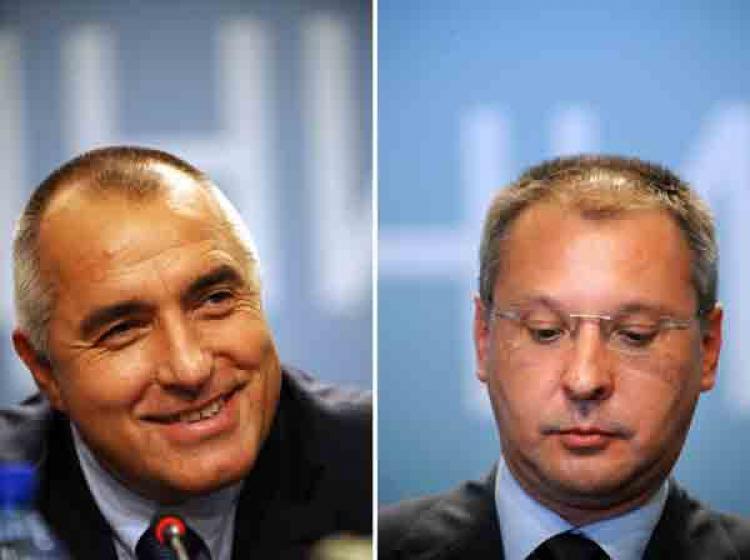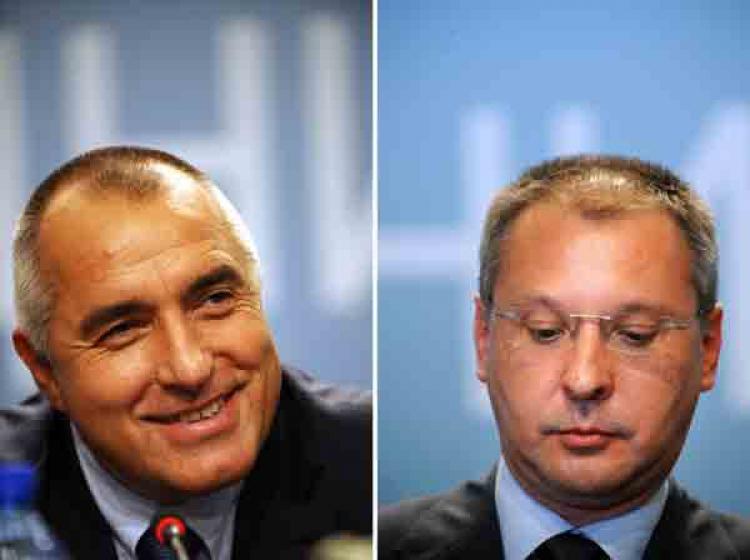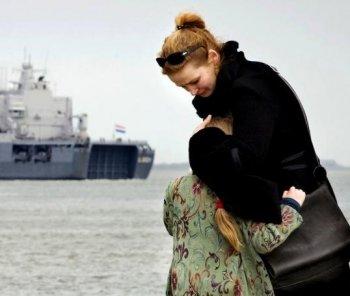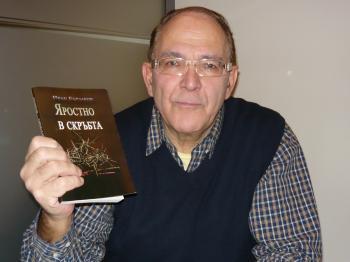Opposition Defeat Socialists in Bulgarian Elections
Winning the country’s most recent parliamentary elections by a wide margin against socialist coalition, the opposition party, lead by Mr. Boyko Borisov nicknamed Batman after the heroic cartoon character for his passion to combat corruption, cleared his way to form the next government of Bulgaria.
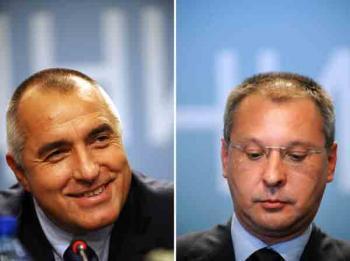
The leader of center-right Citizens for European Development of Bulgaria party (GERB) and Sofia Mayor, Boyko Borisov (L) and Bulgarian Premier Minister and Socialist party leader Sergey Stanishev (R) during their news conferences in Sofia on July 5, 2009. Dimitar Dilkoff/AFP/Getty Images
|Updated:
